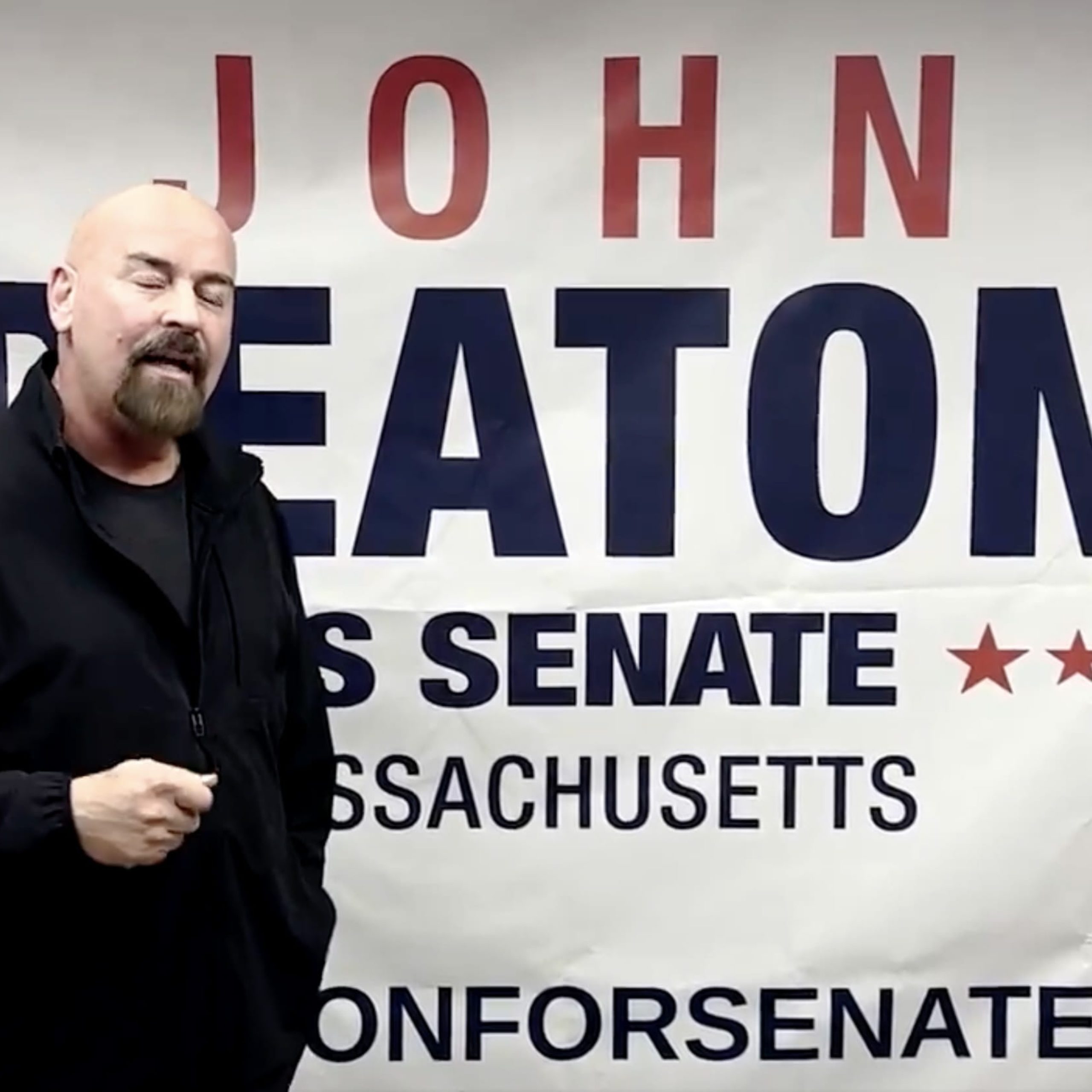In the latest twist in the ongoing debate about the classification of digital assets, Ripple CTO, David Schwartz, has made a compelling entry into the discourse. Amidst the tension between the U.S. Securities and Exchange Commission (SEC) and cryptocurrency exchange Coinbase, Schwartz’s insights bring a unique perspective to the discussion, focusing on the broader implications of what constitutes a security.
Ripple CTO balanced stance in the controversy
The controversy gained momentum following a statement by Paul Grewal, Chief Legal Officer at Coinbase. Grewal’s analogy comparing cryptocurrencies to baseball cards under the SEC’s current arguments has sparked widespread discussion. This comparison drew attention to the ambiguity in defining what exactly falls under the category of securities. The debate intensified when a participant referenced a 2017 comment by an SEC staff member about baseball cards not being considered securities.
Ripple’s CTO entered this debate, bringing a nuanced understanding of the value and classification of collectibles. Schwartz argued that items like baseball cards and art are influenced by the efforts of promoters and the maintenance of scarcity. His critical analysis extended to art investments, suggesting that speculative activities are not limited to traditional securities.
Despite Ripple and its cryptocurrency, XRP, facing significant challenges from the SEC, Ripple CTO has maintained a balanced and objective position in the ongoing debate. His approach is not of categorical opposition to the regulator but rather a critical examination of the principles underlying securities regulation. This nuanced stance has added depth to the conversation, highlighting the complexity of classifying assets in the evolving financial landscape.
Ripple’s CTO’s comments emphasize the importance of understanding the role of promoters and the concept of scarcity in determining the value of collectibles, challenging the conventional wisdom surrounding the nature of investments. He has opened up a broader discussion on the criteria for classifying securities and the potential implications for various asset classes, including cryptocurrencies.
Implications for the crypto industry and beyond
The Ripple CTO’s involvement in this debate is more than just a theoretical exercise. It has real implications for the cryptocurrency industry, where classifying digital assets as securities or otherwise can have significant regulatory and legal consequences. The discussion extends beyond cryptocurrencies to other collectibles and investment vehicles, questioning established notions in the financial sector.
Ripple’s CTO contributions offer a fresh perspective, highlighting the need for a more nuanced understanding of asset classification in an increasingly digital and diverse financial world. His insights are particularly relevant as regulators worldwide grapple with the challenges of integrating new digital asset classes into existing legal frameworks.
The ongoing discussion about what constitutes security, fueled by Ripple’s CTO’s recent comments, reflects the evolving nature of investment and regulation in the digital age. As the debate continues, it becomes increasingly clear that traditional definitions may need re-evaluation to accommodate the unique characteristics of digital assets and other non-traditional investments. Ripple CTO perspective not only enriches the dialogue but also underscores the importance of thoughtful and informed regulatory approaches in the dynamic world of finance.





